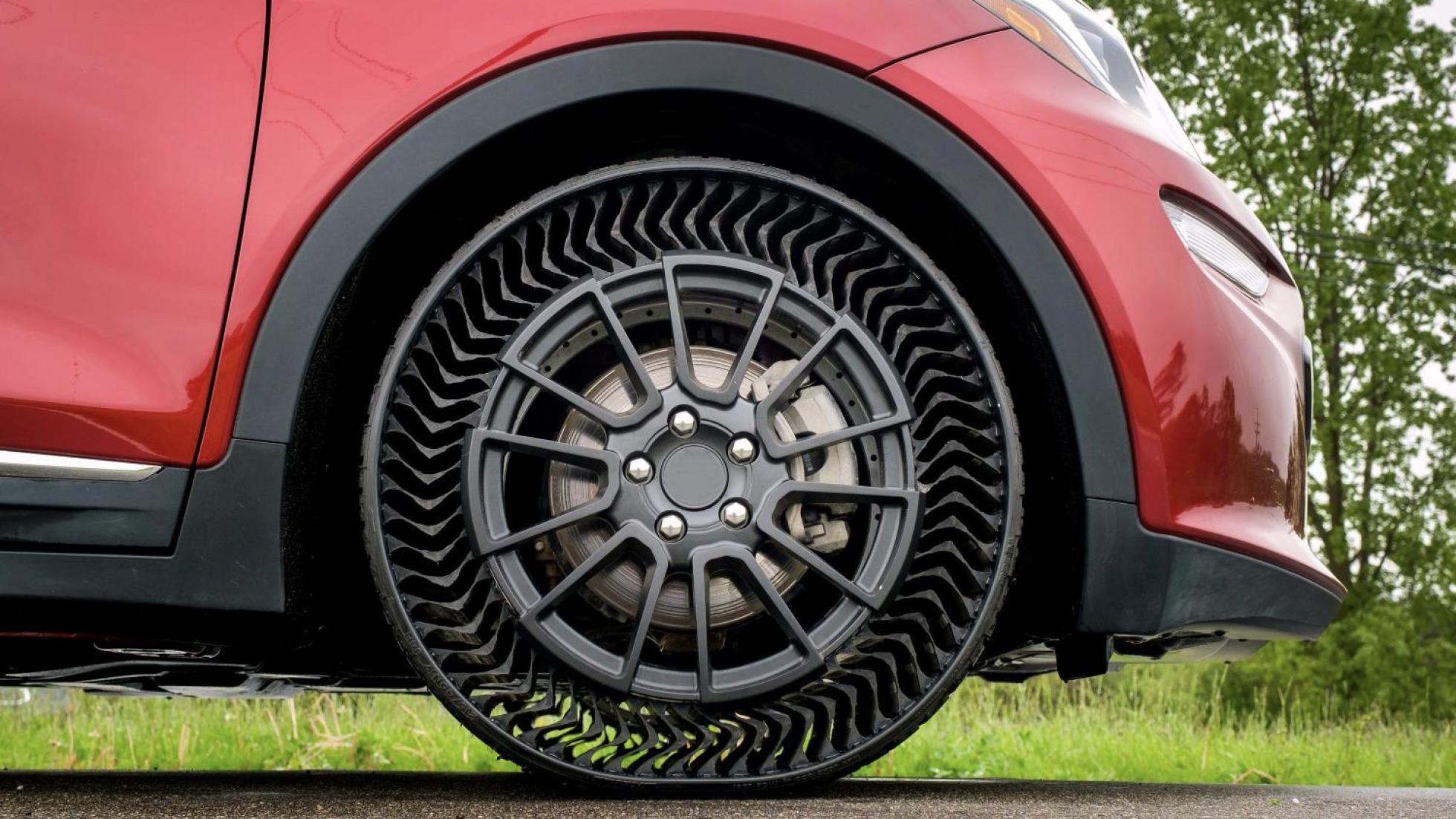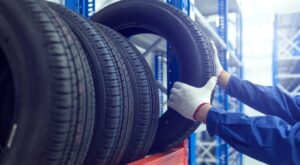Tire maintenance is important to ensure that your tires are safe, work well and last a long time. As we enter 2024, it is still important to properly maintain your tires, especially as tire technology and materials continue to advance. Here are some good tips for maintaining your car’s tires, especially useful in 2024:
1. Check the tire pressure regularly
One of the easiest and most important parts of tire maintenance is making sure there is always the right amount of air in your tires. Tires with too low or too high exhaust gas levels wear out faster and make the vehicle less safe. The tire pressure should be checked once a month and before long journeys with a good tire pressure gauge. Adjust according to manufacturer’s instructions. You can usually find this information on a sticker on the inside of the driver’s side door jamb or in your car’s manual.
2. Check the tires for damage and wear
Check your tires regularly for signs of damage or wear, such as cuts, punctures, cracks, or uneven tread wear. If these problems are caught early, they can be addressed before they get worse, such as when a tire goes bad. Note the depth of the tread. Most new tires are equipped with indicator strips that indicate the degree of tread wear. When these strips touch the edge of the tire, it is time for new tires.
3. Replace the tires regularly
Tire rotations are important to ensure that your tires wear evenly and last as long as possible. Most car manufacturers say tires should be replaced every 5,000 to 8,000 miles. For specific advice, please consult your car’s owner’s manual. Regular tire rotation also keeps handling and traction fair and improves overall performance.
4. Level and align the wheels
Wheel balancing and dynamic balancing are important to keep your tires in good condition and ensure they last as long as possible. Your wheels should be balanced and aligned if your vehicle’s manufacturer recommends it or if you notice uneven tread wear, pulling to one side, or vibration from the steering wheel. In general, you should check your alignment at least once a year, or after any event that could change the alignment, such as hitting a wall.
5. Don’t put too many things in the car.
When your car is overloaded, the extra weight and heat puts extra pressure on the tires, which can significantly shorten their lifespan. Make sure you do not exceed the tire’s load capacity. This is the maximum weight the tire can safely carry.
6. Use seasonal tires if necessary
If you live somewhere where the weather changes significantly with the seasons, you may want to use seasonal tires. Winter tires have better grip on snow and ice, while summer tires may perform better in hot and humid weather. By switching between winter and summer tires you ensure that each set of tires wears evenly and is only used in the correct season, making both sets of tires last longer.
7. Pay close attention to tire recalls
Contact your tire manufacturer or the National Highway Traffic Safety Administration (NHTSA) about any recalls that may affect your car’s tires. Recalls may cause problems with the tires, making them less safe. By addressing these issues immediately, accidents can be prevented.
8. Understand the technology used in tires
As tire technology changes, understanding what’s happening can help you make better care decisions. For example, if you have premium tires that require no air or are made from environmentally friendly materials, you may want to learn about certain maintenance guidelines or benefits.
9. Correct storage method for spare tires
If you carry a spare tire, make sure it is properly maintained and stored. Check pressure regularly, keep it clean and store in a cool, dry place, away from chemicals and bright sunlight that can damage rubber.


